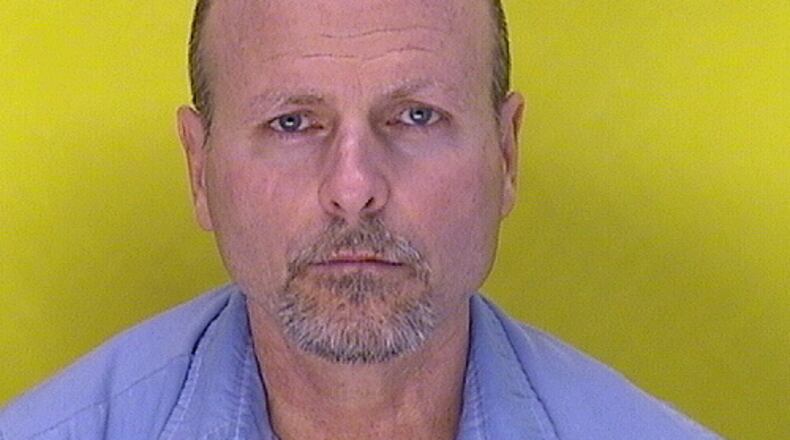Now 58, Scott is serving a 20-years-to-life in prison sentence after conviction for murder, rape and assault by a Butler County jury. Various legal appeals have been denied over the years, including in November when the 12th District Court Of Appeals upheld the trial courts’ denial of a petition for DNA testing of Buckley’s rape kit and fingernail scrapings.
Scott, represented by attorneys from the Ohio Innocence Project Cincinnati Law, argued a DNA test excluding him would be persuasive evidence that he did not kill Buckley.
The motion pointed to an apparent post-conviction recantation by an eyewitness who testified at trial. The Butler County trial court, now assigned to Common Pleas Judge Michael Oster, determined DNA exclusion would not not have altered the outcome of the trial and the jury verdict because of overwhelming evidence.
The appeals court agreed, stating the trial court did not err in denying petition because the conviction was based on substantial eyewitness and circumstantial evidence.
“Recanting eyewitness’ trial testimony was credible and postconviction recantations lacked reliability,” the appeals court opinion said.
Scott offered an alternative suspect in Buckley’s murder and suggested the eyewitness lied in court due to a plot to convict him by a family member of Buckley and a family member of one of two men he shot and killed in New Paris a year before.
In July 1991, Scott was found guilty of voluntary manslaughter following a Preble County trial for multiple New Paris shootings. He was acquitted of murder in the fatal shooting of the second man and not guilty of attempted murder for the shooting of the third man. The first trial and pre-trial publicity in the Buckley case were reasons cited for moving the second trial to a neighboring county.
But the claim by the witness years later that he was asked to give false testimony in retaliation for the fatal shooting was questionable because Scott had not yet been tried for the triple shooting, the appeals court said in the opinion.
“This is also not a case (about) what Scott’s conviction was premised on one or a few pieces of suspect evidence, or a single eyewitness’ questionable identification. The jurors considered the testimony of dozens of witnesses and numerous pieces of circumstantial evidence, that when fit together, led to them to the conclusion, beyond a reasonable doubt, the Scott assaulted, raped and murdered Buckley,” the appeals court said. “Given the breath of evidence, the court does not conclude that the common pleas court acted unreasonably, arbitrarily or unconscionably in finding DNA exclusion result would not be outcome determinative.”
Ohio Innocence Project Attorney Donald Caster said his group is disappointed in the decision.
“We think this is a case that under the law, Mr. Scott is entitled to testing. And we think it would prove once and for all whether or not he was the person involved in these crimes,” Caster said.
DNA exonerations in recent years often included a lot of evidence and almost always a witness, he noted.
“But DNA is science, it’s a black or white answer, and it doesn’t rely on people’s memories or motives,” he said.
About the Author

